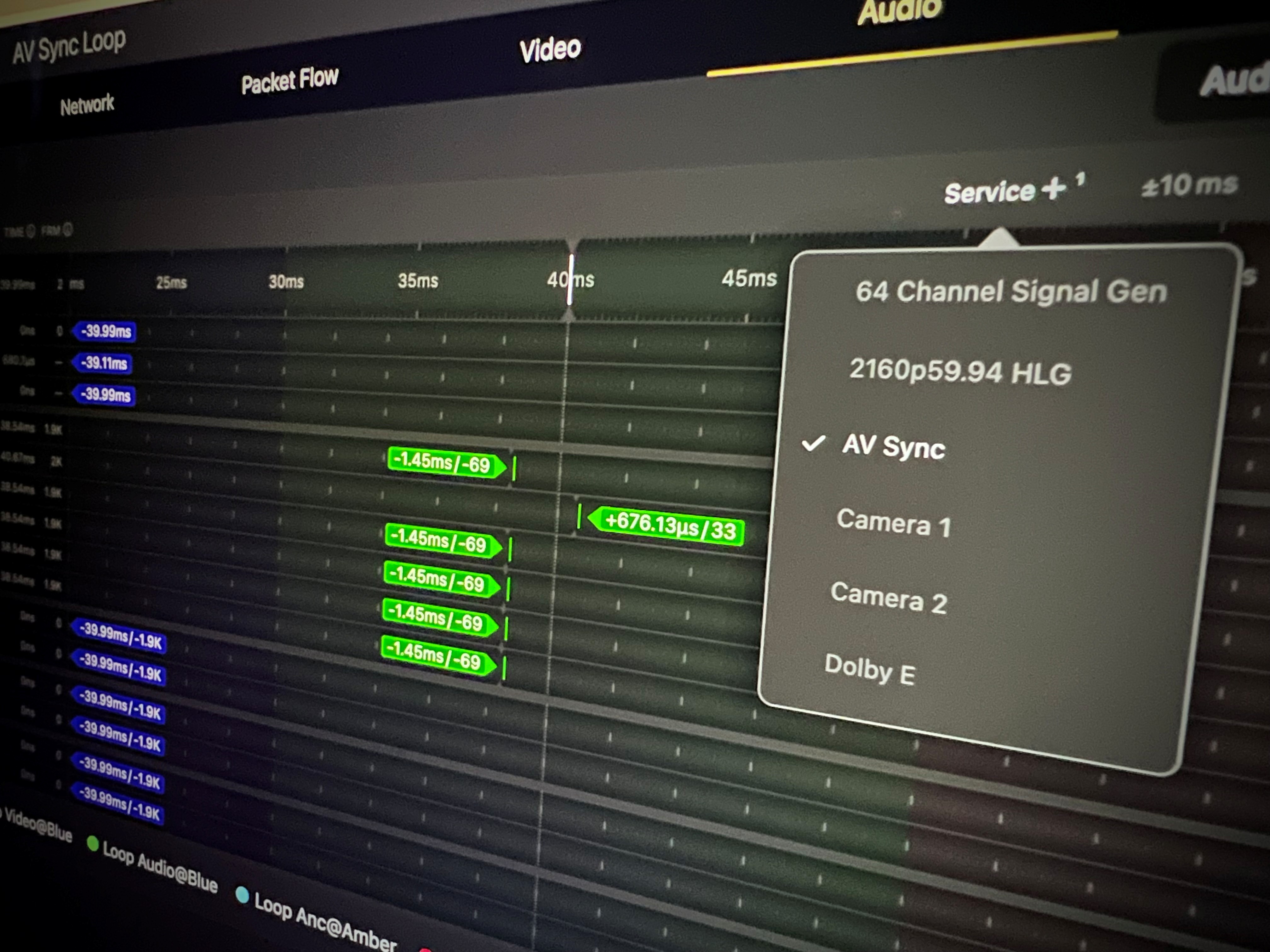Storyteller, Photojournalist and Teacher: David Lyman
ROCKPORT, MAINE
Nestled along the western edge of Penobscot Bay is a haven for photographers, filmmakers and other storytellers: Rockport, Maine. Rockport is the home of not only Rockport College but its predecessors, the Maine Photographic Workshops and the International Film and Television Workshops.
Founder David Lyman said that he started the Maine Photographic Workshop after taking a photography workshop in Aspen, Colo., in 1972. The experience was a "profound moment" in his life and he yearned for more of the same. However, the workshop he attended closed down that same year. So, in searching to become a better photojournalist, Lyman ended up – by chance rather than by planning – opening creative educational facilities.
What began as a photographic workshop expanded into cinematography workshops; both have since grown along parallel paths. "It’s our job here at the school to nurture technicians, craftsmen and artists," Lyman said. "If you’re going to be an artist, that’s a matter between you and your soul … and the demons that drive you."
MAGIC KINGDOM
Currently some 250 workshops are conducted in Rockport each year, ranging from only a few days to several weeks. Another 50 to 60 are held in other locations including Cuba, the Mexican state of Oaxaca, the Eastern Shore of Maryland and elsewhere in the U.S.
Sites are selected, according to Lyman, for a variety of reasons; some are places that Lyman himself would like to visit. All, however, have a certain "magic" that is fertile ground for fine storytelling.
In each of the countries where workshops are conducted, the Maine organization has a partner or partners. For example, the Cuban International Film School is a partner of the workshops in that nation.
In addition, a small satellite program is set up in each locale. Classrooms, studios, darkrooms and editing suites are constructed so "we can produce on the ground," said Lyman.
Because of the remote sites, a reliable camera is obviously a must. "Any journalist is looking for a robust camera that can handle the rigors of work," Lyman pointed out.
DUST BE DAMNED
The problem with digital video cameras, according to Lyman, is that the technology is still too delicate, especially for much on-location shooting. Lyman suggests that if a photojournalist or student is planning to go on-location for a while – say, a month – "they’d be advised to shoot on film rather than video."
Dust and humidity are two main culprits for a digital camera. Film cameras are not only more robust and stronger, but also "can be repaired in the field because they’re all mechanical. Whereas a digital camera, it’s got boards, chips, circuitry," said Lyman.
Digital is still what the future holds. But, if documentary makers and film directors are going to use the digital medium, Lyman suggests that until digital cameras become more repellant to humidity and dust, it’s best to bring four or five inexpensive digital cameras to the site, using one and storing the others – protected against dust and humidity – until the first one breaks down.
Although Lyman and his creative organizations have prepared for the digital revolution, it’s a bit slow in terms of demand for classes: "We thought digital was going to be really hot and so we built a big lab and put a big program together.
"We have four times as many people [who] attend our more basic darkroom classes [than are taking digital medium classes]. So, there are more people interested in getting their hands wet making images than who are interested in taking Photoshop," said Lyman.
Filmmakers are taking up digital more quickly than photographers, according to Lyman. For television and film, using the digital medium can account for big monetary savings due to shorter turnaround time.
More and more television shows are moving in the direction of HD. According to Lyman, Panavision has about 100 HDTV cameras that it rents out to producers and studios in Los Angeles. Arriflex, said Lyman, is still in the development phase, trying to create a more robust digital camera.
‘LIFE OF ITS OWN’
Rockport College is a certified college that offers a two-year associate degree and a three-year master of fine arts program. A one-year professional certificate program is also available.
The workshops are sponsored by a wide array of corporate sponsors: Arri, B&H, Canon, Kodak, Bogen, Anton Bauer, Fujifilm and Ilford, to name a few. The sponsors provide not only equipment but also expertise to the workshops. Some companies send technicians to the school to help train both staff and students.
Corporations also send employees to workshops in Rockport to better hone their skills.
In early 2002, the workshops will sponsor approximately 30 sessions in Cuba. Despite his many responsibilities as founder of the college and workshops, Lyman still attends some of the sessions and when he does, "I critique people’s work and I provide lectures – lectures on composition and light, and the philosophy of being a creative artist."
Lyman noted that curiosity for the world and the desire to explore it combined with an intrigue for the photographic process led him to become a photojournalist. "And I am thrilled with that process still today," he said.
The professional video industry's #1 source for news, trends and product and tech information. Sign up below.
